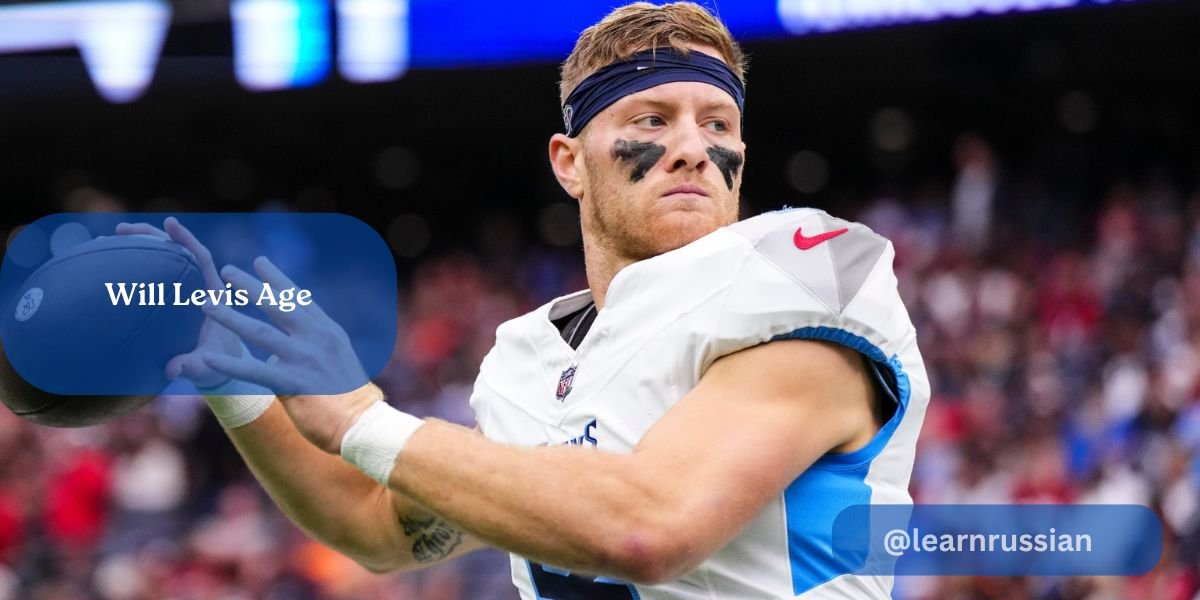The Tennessee Titans have made a strategic move by signing veteran wide receiver Tyler Boyd, adding significant experience and skill to their offensive lineup. At 30, Boyd joins the team alongside star receivers DeAndre Hopkins and Calvin Ridley, forming a trio that aims to enhance the Titans’ receiving corps. Boyd’s ability to excel in slot routes addresses a critical need for the team, which previously lacked depth in this area. This acquisition not only bolsters the Titans’ offense but also supports the development of quarterback Will Levis, providing him with reliable targets.
In addition to his on-field contributions, Tyler Boyd has accumulated a net worth of approximately $10 million, a result of his NFL career and various endorsements. Boyd, who is married to his wife, Jordan, has two children. His addition to the Titans underscores the team’s commitment to immediate success, despite the short-term nature of his contract and that of Hopkins, both of whom are signed only through the 2024 season.
Veteran Presence
Boyd, turning 30 in November, Ridley in December, and Hopkins already 32, bring a wealth of experience to the Titans’ receiving unit. While their ages have sparked some concerns, their consistent performance and durability over the years are reassuring. Last season, Boyd, Ridley, and Hopkins combined for 218 receptions, highlighting their capability to deliver high-level performances. Despite the natural decline in athletic performance associated with aging, these receivers have demonstrated remarkable resilience, with minimal time spent on injured reserve across their collective careers.
Offensive Trio
The addition of Boyd enhances an already formidable receiving group, positioning the Titans among the top receiving units in the NFL. According to ESPN analyst Mike Clay, the combined 2,740 yards from Boyd, Ridley, and Hopkins last season is indicative of their collective impact. This places the Titans in a strong position, potentially ranking them within the top ten, if not the top five, in terms of receiving yardage. However, the true measure of success for this group will depend significantly on the performance of Will Levis. As a young quarterback, Levis’s ability to effectively utilize the talents of his receivers will be crucial for maximizing the unit’s output.
Impact on Burks
The arrival of Boyd also casts uncertainty over the future role of Treylon Burks in the Titans’ offense. Burks, who has struggled with injuries and inconsistent performances in his first two professional seasons, now faces increased competition for playing time. Despite positive comments from Titans coach Brian Callahan, Boyd’s signing suggests a need for immediate contributions, something Burks has yet to consistently provide. Burks still has two years remaining on his rookie contract, along with a fifth-year option, offering a window for development. However, he will need to capitalize on opportunities during the season to secure a more prominent role within the offense.
Strategic Focus
The Titans’ decision to sign Boyd reflects a broader strategic focus on short-term success. The use of short-term contracts for both Boyd and Hopkins indicates a prioritization of immediate gains and flexibility in roster management over long-term planning. This approach aligns with a common trend in the NFL, where teams increasingly focus on maximizing current performance to enhance their playoff prospects. However, it also necessitates careful planning to maintain roster stability in the future, particularly if key players like Boyd and Hopkins do not extend their contracts beyond 2024.
Future Considerations
Looking ahead, the Titans face the challenge of balancing their immediate offensive strengths with long-term stability. While the current roster, bolstered by the addition of Boyd, positions the team for potential short-term success, the future composition of the team remains uncertain. The development of younger players like Treylon Burks will be crucial in providing continuity and stability in the coming years. Additionally, the Titans must continue to evaluate their quarterback situation to ensure that Levis or any future quarterback can effectively leverage the talents of the receiving corps.
The Titans’ ability to navigate these challenges will be key to their sustained success in the NFL. As the season progresses, the performance of Boyd, Ridley, and Hopkins, along with the development of younger talents, will be closely watched. The team’s capacity to balance immediate competitive needs with future planning will determine their long-term prospects in a highly competitive league.

